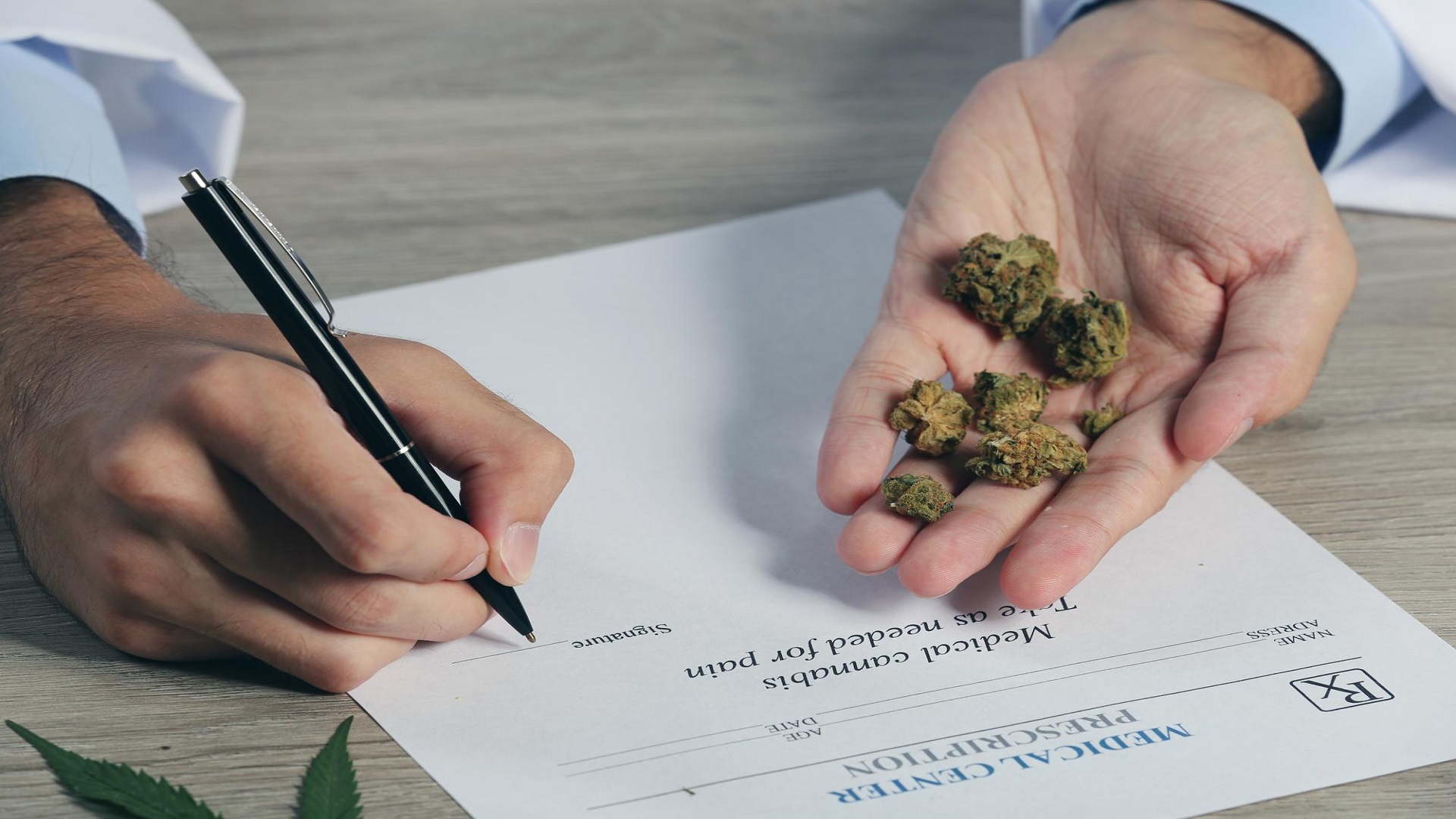
Is Pennsylvania Ready To Legalize Recreational Marijuana?
Pennsylvania is at a critical turning point in the national cannabis debate. As more states legalize recreational marijuana, the Keystone State finds itself under increasing pressure to follow suit. While medical marijuana is legal, the push for full recreational cannabis legalization continues to grow louder, fuelled by changing public opinion and economic opportunity.
In this guide, we explore Pennsylvania’s current legal stance, the key players shaping the conversation, the benefits and challenges of legalization, and what the future might hold.
Current Marijuana Laws in Pennsylvania
As of now, recreational marijuana is still illegal in Pennsylvania. However, the state has made significant strides in supporting medical cannabis. The Medical Marijuana Act, enacted in 2016, allows patients with qualifying conditions to access marijuana with a physician’s approval.
While small amounts of cannabis may lead only to fines and educational programs for first-time offenders, repeat violations or possession of larger quantities can still result in serious legal consequences.
Growing Momentum For Legalization
Over the past few years, the movement to legalize recreational cannabis in Pennsylvania has gained strong momentum. Advocates argue that legalization would bring economic benefits, reduce criminal justice burdens, and create a safer marketplace for consumers.
Organizations like the Pennsylvania Cannabis Coalition have been instrumental in pushing for reform. Politicians such as State Senator Sharif Street have introduced legalization bills, signalling that the issue is being taken seriously at the legislative level.
Who Supports Legal Cannabis in Pennsylvania?
Several lawmakers and advocacy groups are working hard to change the law. Leading voices include:
- Pennsylvania Cannabis Coalition: A statewide network of individuals and businesses focused on cannabis reform.
- Senator Sharif Street: Introduced Senate Bill 350, a comprehensive proposal to legalize adult-use marijuana and expunge past cannabis convictions.
- Former Governor Tom Wolf: Publicly supported legalization efforts to boost state revenue.
Key Benefits of Legalizing Recreational Marijuana

Tax Revenue for Public Programs
One of the biggest draws is financial. Taxing legal cannabis sales could provide Pennsylvania with millions in annual revenue. That money could fund education, healthcare, and infrastructure.
Reduced Law Enforcement Burden
Decriminalizing marijuana frees up law enforcement resources. Officers and prosecutors can then focus on more serious crimes, reducing the burden on the criminal justice system.
Consumer Safety Through Regulation
A legal cannabis market allows for regulation of product quality, potency, and safety. Consumers gain confidence in what they’re buying, unlike the risks tied to the black market.
Job Creation and Economic Growth
Legalization could open up an entirely new industry in Pennsylvania, supporting jobs in cultivation, processing, distribution, and retail sales. This would boost local economies across the state.
Challenges to Overcome Before Legalization
Public Health and Impaired Driving
Opponents often cite concerns about increased use among teens, impaired driving, and potential long-term health risks. Any legislation will need to address these issues with public safety measures.
Regulatory Hurdles
Designing a solid regulatory framework is complex. It must balance safety, business opportunity, and compliance without stifling growth.
Youth Access
Protecting minors from cannabis exposure remains a top concern. Any legal market must implement safeguards, such as ID checks, secure packaging, and education programs.
Federal Conflicts
Even if Pennsylvania legalizes recreational marijuana, federal prohibition remains a barrier. This creates legal gray areas for businesses operating in the space.
Legislative Efforts Paving The Way
Several proposals have been introduced in recent years:
Senate Bill 350
Introduced by Senator Street, this bill proposes full legalization for adults 21+, a regulatory structure, and the expungement of past marijuana convictions.
Support From The Governor’s Office
Former Governor Tom Wolf pushed for legalization during his tenure, citing financial and social benefits. While full legalization didn’t happen under his leadership, the foundation was laid.
Where Does Public Opinion Stand?
According to a Franklin & Marshall College poll, 58% of Pennsylvania voters supported the legalization of recreational marijuana as of 2020. Support varies based on political and demographic factors, but the overall trend leans toward acceptance.
What’s Next for Cannabis Legalization in Pennsylvania?

Pennsylvania’s future in cannabis reform will depend on continued legislative momentum and public engagement. As neighbouring states move ahead, pressure is mounting for Pennsylvania to catch up.
Key Elements For Success Include:
- Addressing health and safety concerns
- Building a reliable regulatory system
- Ensuring fair access and education
- Navigating federal policy conflicts
With enough political will and public support, legalization is a real possibility in the near future.
Conclusion: A Pivotal Moment For Pennsylvania
The debate around recreational marijuana in Pennsylvania is far from over. While medical cannabis is already integrated into the legal system, full legalization faces both support and resistance. Yet the benefits of economic growth, public revenue, and justice reform continue to make a compelling case.
As the conversation evolves, Pennsylvania could become a key player in shaping national cannabis policy. Stakeholders, advocates, and lawmakers must work together to craft legislation that serves the public and sets a sustainable path forward.
FAQs
- Did Senate Bill 846 pass in PA?
No, SB 846 (the adult-use cannabis legalization bill) has not passed. It was introduced in the 2023–24 session and advanced in the House but did not get a Senate vote before the session ended.
- What forms of marijuana are legal in Pennsylvania?
Under Pennsylvania’s medical cannabis program, seven forms are legal: pills, oils, tinctures, liquids, topicals (gels/creams), vaporizable forms, and flower (for vaporization only—not smoking).
- Which state allows recreational marijuana?
As of mid-2025, 24 U.S. states plus Washington, D.C. permit adult-use recreational cannabis.
- Are recreational drugs legal in Pennsylvania?
No. Recreational cannabis is illegal in Pennsylvania. Only medical use is permitted, and non-medical possession remains a misdemeanour.
